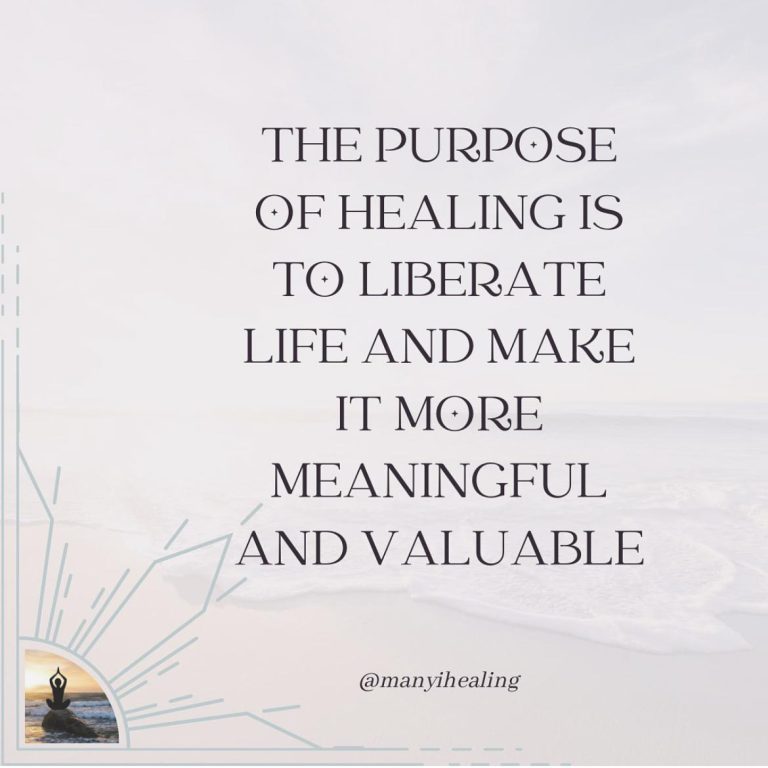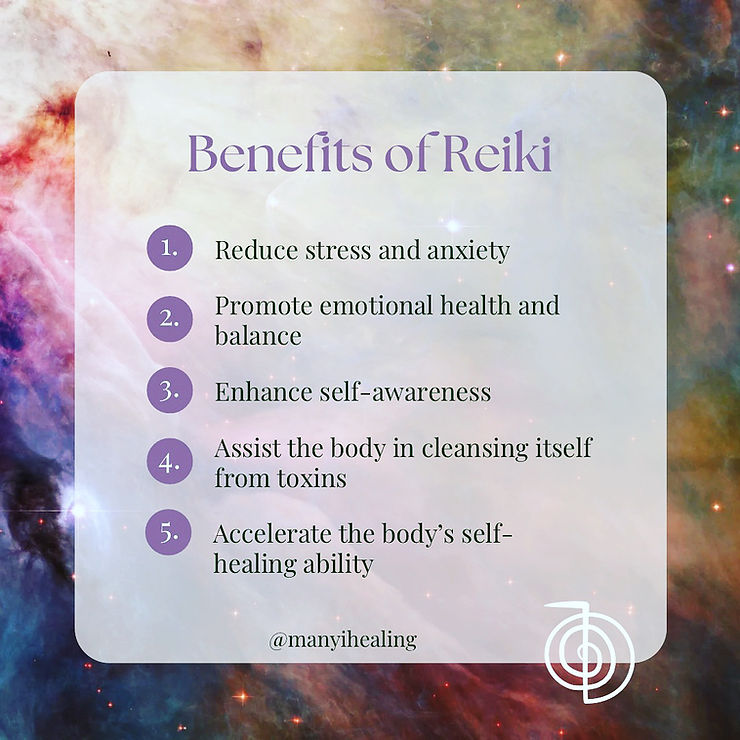
MY Healing Monthly Newsletter – June 2024
Welcome to June 2024
June is a special month, filled with anticipation and excitement. As the days grow longer and the temperatures rise, it becomes the perfect time to embrace the beauty and energy of summer. This month also marks an important milestone, as we celebrate PTSD Awareness Month.
PTSD, or Post-Traumatic Stress Disorder, can have a profound impact on individuals and society as a whole. It affects not only the mental and emotional well-being of those who experience it, but also their relationships, work productivity, and overall quality of life. Healing and clearings are essential to address the underlying trauma and promote recovery, ultimately leading to healthier individuals and a more compassionate society.
Besides seeking mental health professional guidance, we can also offer support to someone with PTSD by being a good listener, showing empathy and understanding, and encouraging them to engage in self-care activities such as exercise, mindfulness, and relaxation techniques. Additionally, creating a safe and nurturing environment can play a crucial role in promoting healing and recovery for those affected by PTSD.
It’s natural to feel concerned about being affected by the challenging emotions of people with PTSD. Taking care of your own well-being is also important, so make sure to set boundaries and prioritize self-care. This can include practising mindfulness, engaging in activities that bring you joy, and seeking support from friends, family, or a therapist. Remember, you can offer support without sacrificing your own mental and emotional health.
Checklist for Self-Care Tools for Well-Being
1. Maintaining a Regular Sleep Schedule
Aim for seven to eight hours of sleep each night, going to bed and waking up at the same time each day.
2. Eating Healthy and Nutritious Meals
Eat a balanced diet that includes a variety of fruits, vegetables, whole grains, lean proteins, and healthy fats. Avoid processed foods, sugary snacks, and excessive amounts of alcohol or caffeine.
3. Engaging in Physical Activity
Aim for at least 150 minutes of moderate-intensity aerobic exercise per week, such as jogging, swimming, or cycling. Find activities that you enjoy and make time for them in your daily routine.
4. Utilizing Relaxation Techniques
Some popular techniques include deep breathing exercises, meditation, progressive muscle relaxation, or practising yoga or tai chi. Find techniques that work for you and incorporate them into your daily routine.
5. Creating a Supportive Network
Building a strong support network is crucial for those suffering from negative emotions, particularly those suffering from PTSD. Reach out to family members, friends, or a support group who understands your experiences and provides emotional support. Do not be afraid to ask for help or express your feelings.
6. Maintaining Healthy Relationships
Maintaining healthy relationships can have a positive impact on your overall well-being. Practice effective communication, set boundaries, and seek the validation of others who can support you.
7. Prioritizing Self-Care
Self-care is not selfish, it is essential to your mental health. Make time for activities that bring you joy, relaxation, and fulfilment.
8. Managing Stress Triggers
Identify and manage your stress triggers, such as certain places, situations, or people that may trigger symptoms of PTSD or negative emotions. Seek professional help if needed to develop strategies to manage these triggers effectively.
9. Staying Informed
Stay informed about PTSD, stress and its treatment options. Read books, and articles, or attend workshops or support groups to learn more about this condition and gain a better understanding of coping mechanisms and available resources.
Remember, self-care is a journey and what works for someone else may not work for you. Experiment with different tools and practices to find what works best for you and manage your daily stress effectively.




